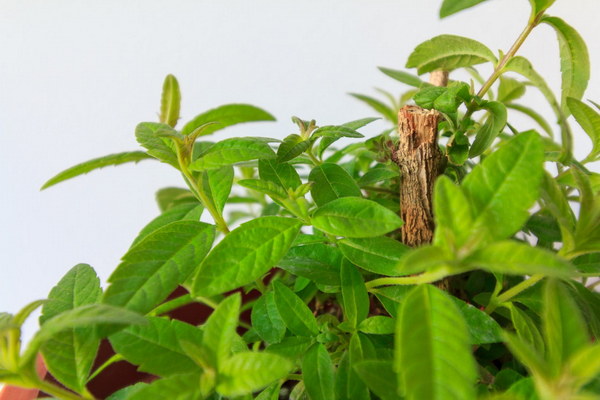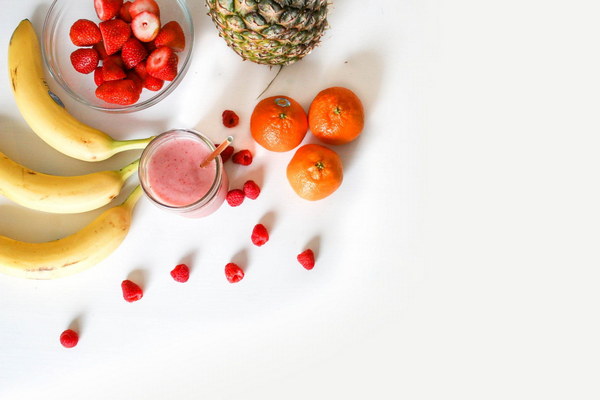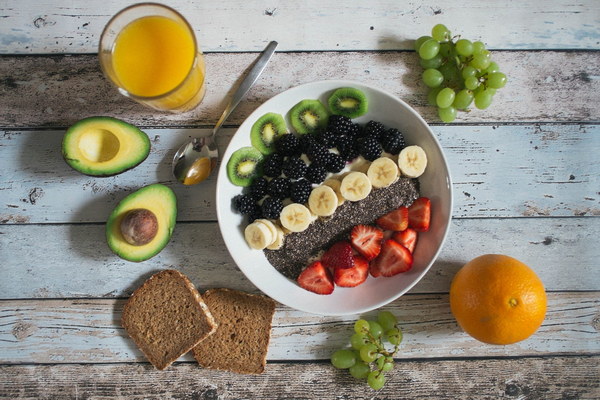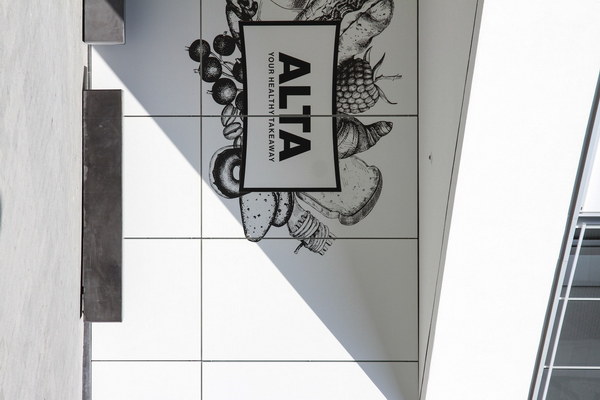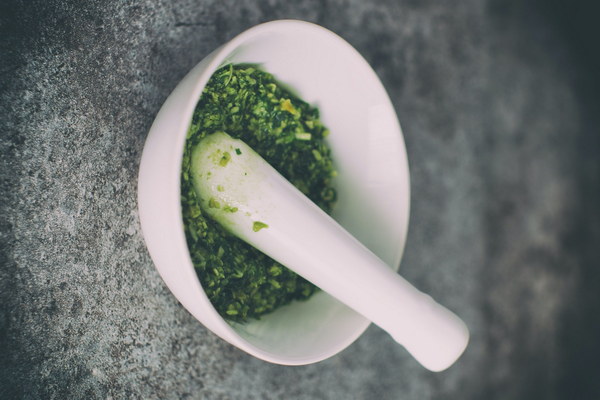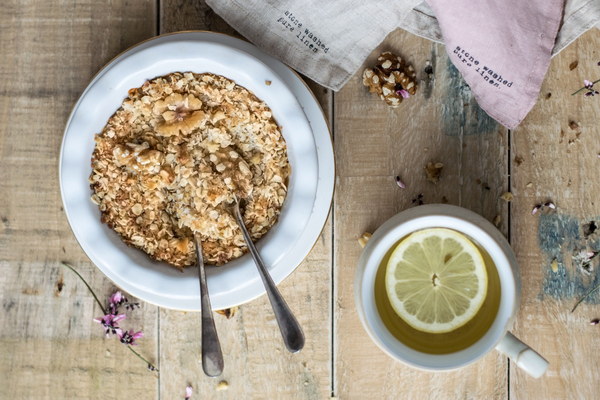Renew Your Kidneys Nutritional Tips for Hepatitis B Patients Seeking Kidney Support
Introduction:
Hepatitis B is a serious liver condition that can have various health implications. One of the common concerns for individuals with hepatitis B is the impact on kidney health. While it's important to maintain a balanced diet and manage the liver condition effectively, certain foods can also help support kidney function. In this article, we will explore some nutritional tips and kidney-friendly foods that can benefit individuals with hepatitis B who are looking to boost their kidney health.
1. Increase Water Intake:
One of the simplest ways to support kidney function is by staying well-hydrated. Adequate water intake helps flush out toxins and waste products from the kidneys. It is recommended for individuals with hepatitis B to consume at least 8-10 glasses of water daily.
2. Omega-3 Fatty Acids:
Omega-3 fatty acids have anti-inflammatory properties and can help reduce the risk of kidney damage. Foods rich in omega-3 fatty acids include fatty fish such as salmon, mackerel, and sardines, as well as flaxseeds, chia seeds, and walnuts.
3. Leafy Greens:
Leafy green vegetables such as spinach, kale, and Swiss chard are high in antioxidants and nutrients that support kidney health. These vegetables contain vitamins A, C, K, and folate, which can help reduce oxidative stress and inflammation in the kidneys.

4. Berries:
Berries, such as strawberries, blueberries, raspberries, and blackberries, are packed with antioxidants and have been shown to have a protective effect on the kidneys. They can help reduce the risk of kidney disease and improve overall kidney function.
5. Garlic:
Garlic has been used traditionally for its health benefits, including kidney support. It contains allicin, a compound that has been shown to have anti-inflammatory and antioxidant properties. Garlic can be added to various dishes or taken as a supplement (under medical guidance) to support kidney health.
6. Nuts and Seeds:
Nuts and seeds, such as almonds, walnuts, sunflower seeds, and pumpkin seeds, are excellent sources of protein, healthy fats, and essential nutrients. They can help reduce the risk of kidney disease and support kidney function.
7. Legumes:
Legumes, such as lentils, chickpeas, and kidney beans, are rich in fiber, protein, and essential nutrients. They can help manage blood pressure and reduce the risk of kidney disease. However, it is important to consume legumes in moderation, as they can be high in purines, which can increase uric acid levels in the blood.
8. Reduce Salt Intake:
Excessive salt intake can lead to high blood pressure, which is a risk factor for kidney disease. It is essential for individuals with hepatitis B to reduce their salt intake by avoiding processed foods, using herbs and spices instead of salt, and cooking their meals at home.
9. Manage Blood Pressure:
High blood pressure can damage the kidneys, so it is crucial for individuals with hepatitis B to manage their blood pressure effectively. This can be achieved through a combination of lifestyle changes, such as a healthy diet, regular exercise, and medication if necessary.
Conclusion:
Maintaining kidney health is an important aspect of managing hepatitis B. By incorporating kidney-friendly foods and making lifestyle changes, individuals with hepatitis B can support their kidney function and reduce the risk of kidney disease. It is always advisable to consult with a healthcare professional before making significant changes to your diet or starting any new supplements. Remember, a balanced diet and a healthy lifestyle are key to overall well-being for individuals with hepatitis B.


